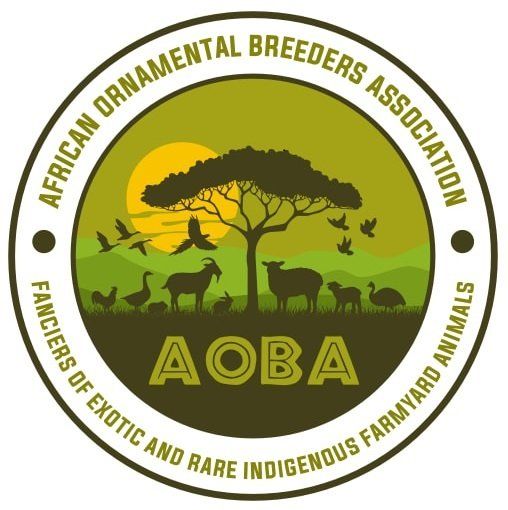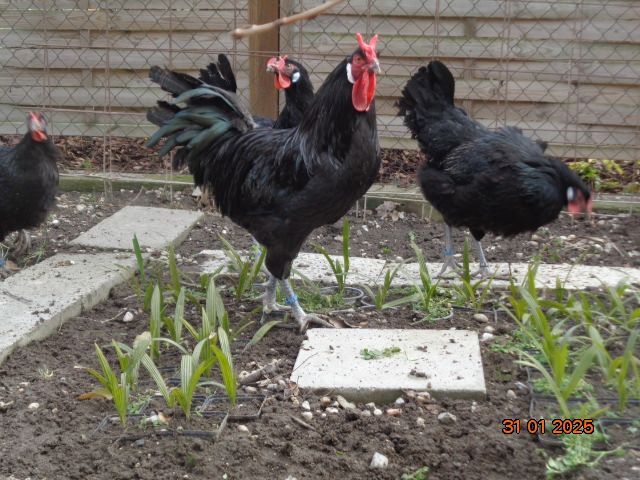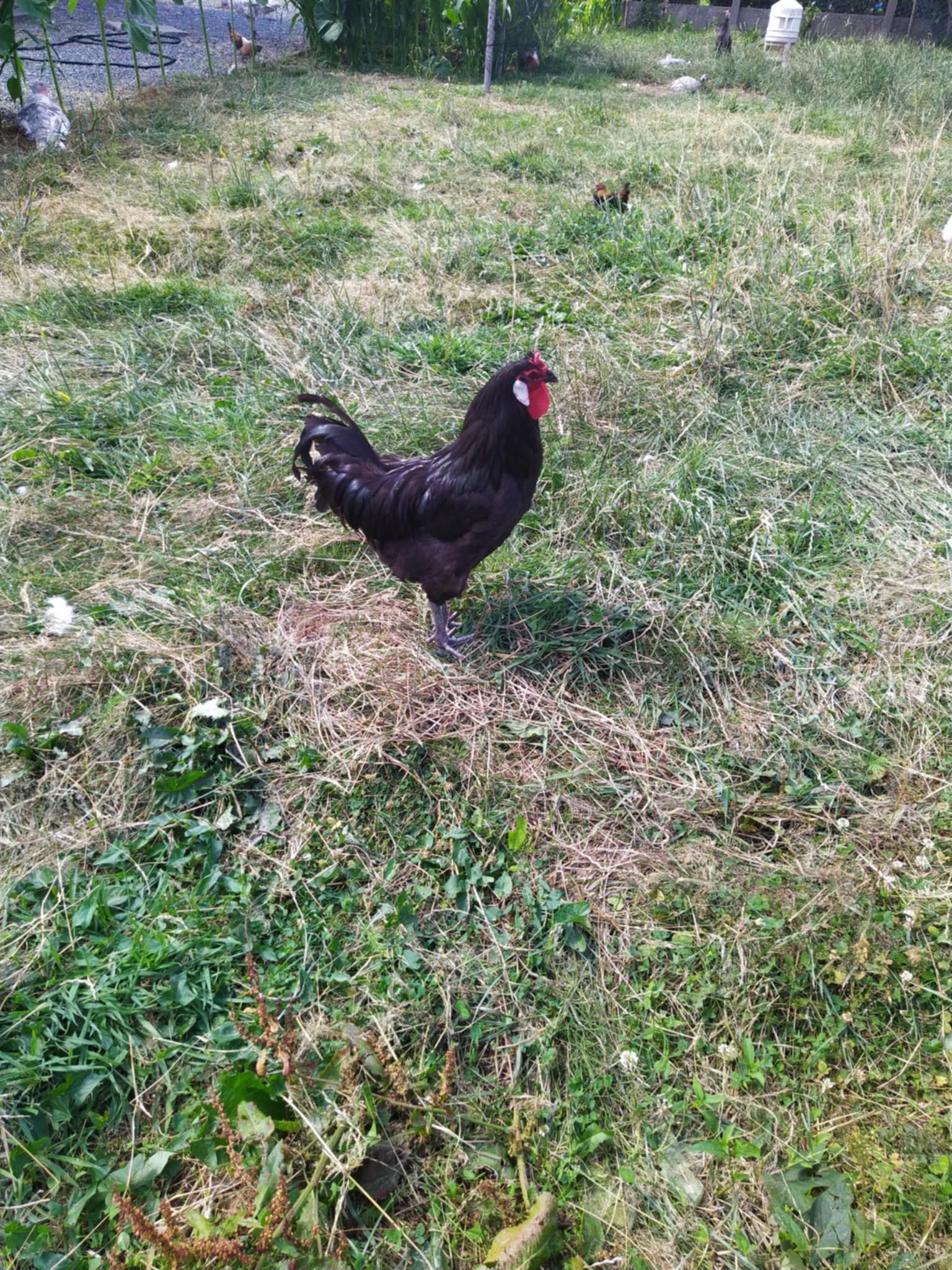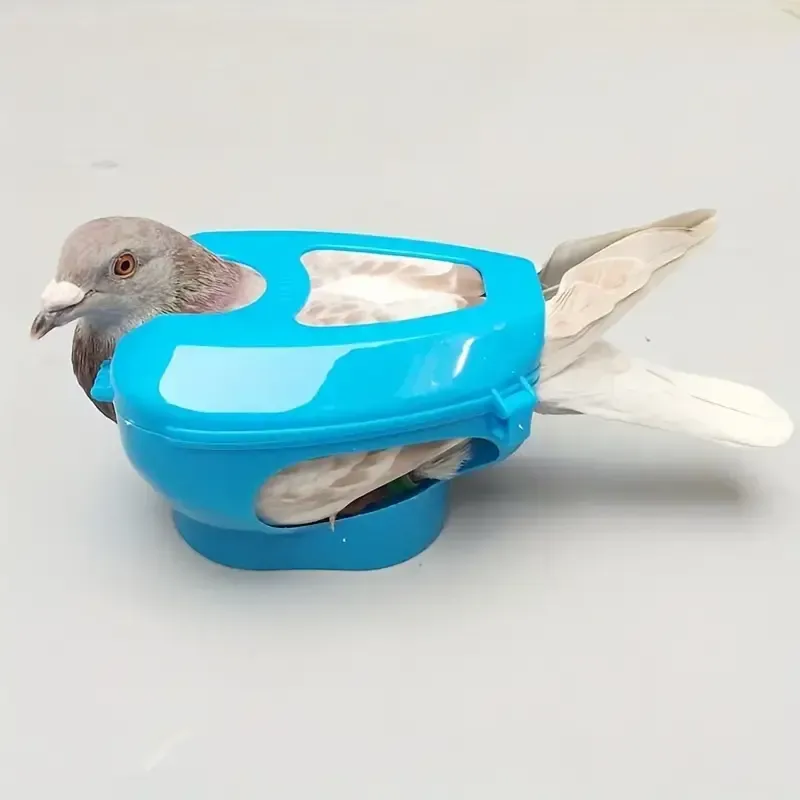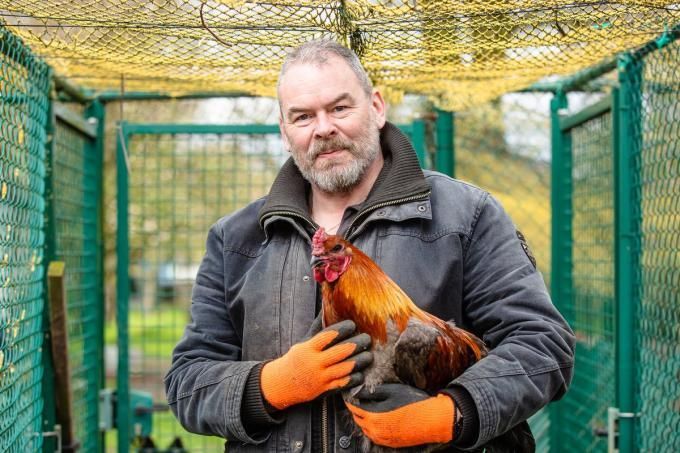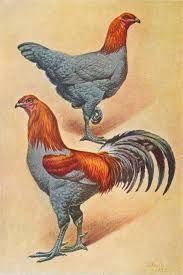Rogue Breeders: How to Spot Them?
True animal care starts before you buy: why being critical is crucial for welfare and quality.
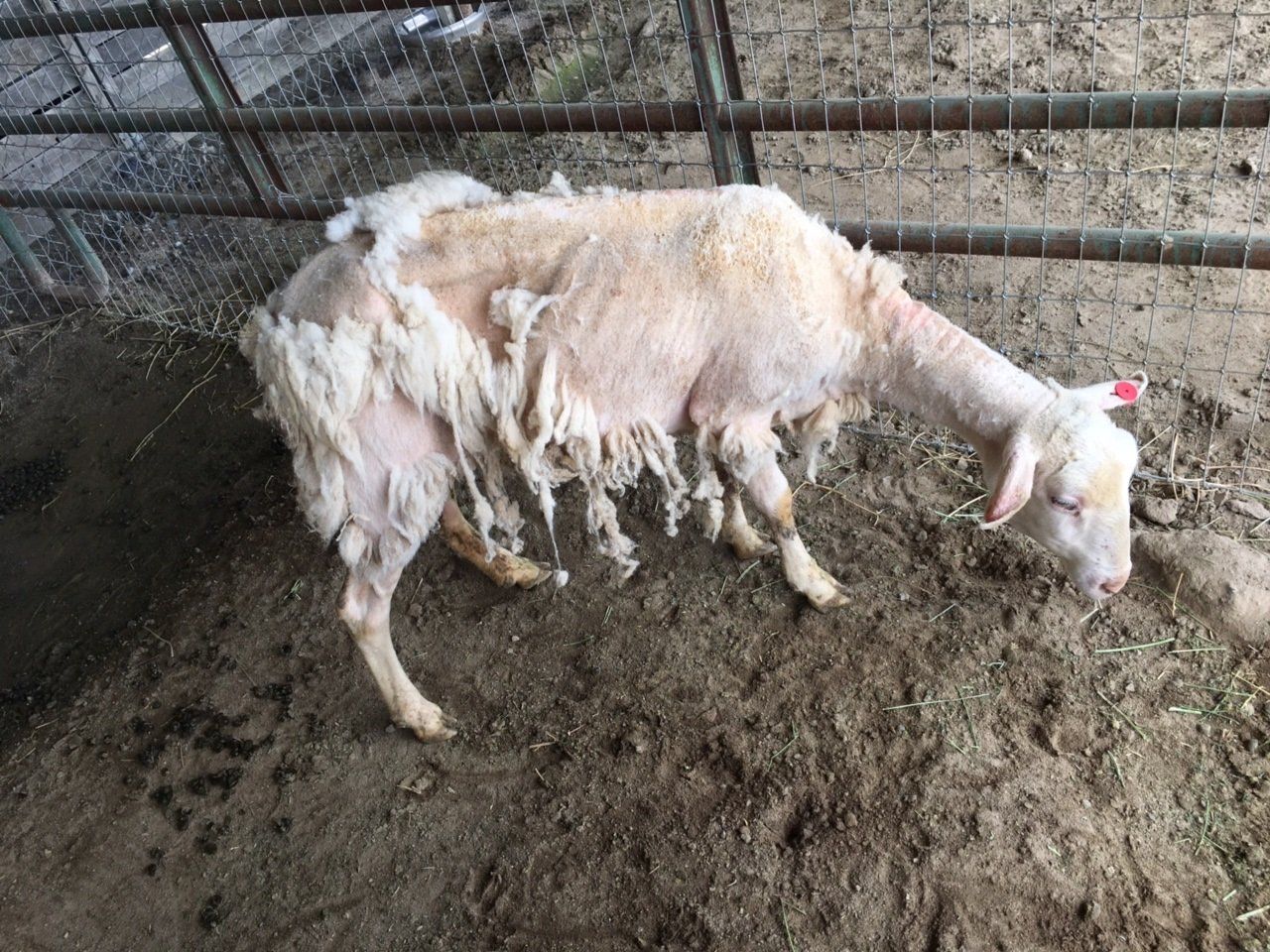
The demand for beautiful, rare or productive animals remains high: purebred sheep and goats, prize-winning cattle, rare poultry breeds… Unfortunately, rogue breeders — often called puppy mill breeders or backyard breeders — try to cash in on this demand in dubious ways. They care little about animal welfare or honesty, putting profit above all else. That’s why it’s important to recognize them and consciously choose reputable, responsible breeders.
What is a rogue breeder?
A rogue breeder breeds animals in ways that seriously harm the welfare of both the parent stock and their offspring. To them, animals are nothing more than products: females are bred as often as possible, often starting at too young an age, and are kept in miserable conditions with little rest, light, or care.
These practices are not limited to dogs and cats — they also exist in the worlds of poultry, small livestock, sheep, goats and cattle.
Often these breeders lure buyers with cute photos or smooth talk on websites or classified ads, but behind the scenes, the reality is much sadder.
What to watch out for when buying?
1️⃣ Always visit the farm or facility
Never buy an animal in a parking lot or via a middleman. Insist on visiting the breeder’s farm or premises. This allows you to see the animals’ living conditions for yourself:
- Are the barns or coops clean?
- Do the animals have enough space, water and feed?
- Do the other animals look healthy and lively?
Rogue breeders often keep animals in dark, dirty sheds, with minimal care and no chance to exhibit natural behaviour.
2️⃣ Ask to see the parent animals
A good breeder proudly shows you the mother (and often the father) of the animal you’re buying. This lets you check if they are healthy and well cared for.
Rogue breeders often come up with excuses why you can’t see the mother, or show you a different, healthier-looking animal to give the impression that all is well.
3️⃣ Pay attention to how many breeds and animals they offer
Breeders who sell “a bit of everything” — many breeds and many young animals at once — are usually focused on mass production. A responsible breeder usually specializes in one or a few related breeds and keeps a manageable number of animals so each gets proper care.
4️⃣ Observe the animals carefully
Take your time to watch the animals:
- Do they look clean and healthy?
- Are they alert and social, or shy and fearful?
- Do they behave normally for their age and species?
Also watch how the seller interacts with the animals. Is there a bond? Or do they treat them like numbers?
5️⃣ Be critical, ask questions
A responsible breeder will also ask you questions: why do you want this animal? Do you have the right facilities? How will you care for it? A rogue breeder doesn’t care, as long as you pay.
Always ask about paperwork: pedigree, registration, health certificates, vaccination records. If possible, check whether the breeder is registered or certified by the proper authorities.
Why you shouldn’t buy “out of pity”
Many people buy from a rogue breeder because “they feel sorry for the animal.” In the short term, you may help that one animal, but in the long run you’re financing the system. For every animal you “rescue,” new animals are produced in the same miserable conditions. It’s better to report what you see to the authorities so they can intervene.
Where to go if you have doubts?
- Check the list of licensed breeders in your area.
- Read reviews and experiences on social media or forums.
- Report suspicious situations to your local animal welfare authority or police.
In short: how to spot a good breeder…
✅ Clean, spacious and healthy living conditions
✅ Animals that are social and well cared for
✅ Willingness to answer your questions and show you everything
✅ Critical about who buys their animals
✅ Paperwork and registration in order
And how to spot a rogue breeder…
🚩 Vague appointments in neutral locations
🚩 No mother animal visible
🚩 Many breeds and animals for sale at once
🚩 No interest in who you are as a buyer
🚩 Sickly, shy or neglected animals
Conclusion
Anyone who keeps animals also has a responsibility — to the animals themselves and to the entire sector. By consciously choosing responsible breeders, you help prevent animal suffering and support healthy, strong breeds. Don’t be fooled by cute photos or low prices — be critical and ask questions.
If you suspect you’re dealing with a rogue breeder, always report it to the proper authorities. Together, we can make a difference.
